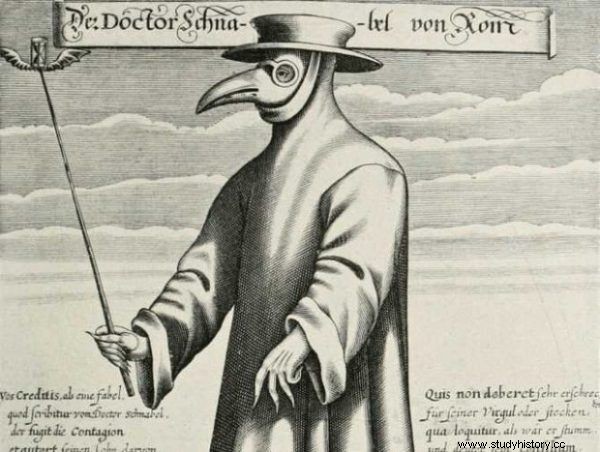In the 14th century, when the plague was taking its toll, 90 percent of Western Europeans lived off the land, mainly as farmers. Intelligence was then very small (probably not considered "true Western Europeans"). If you were a fourteenth-century peasant and someone said to you, "Live in the gutter and the plague will not kill you," you would not reply, "I wonder what scientific justification it has," but rather, "Lead me to the nearest gutter."
The horror of terminal illness and the lack of scientific knowledge, as well as the terrible tendency of some people to prey on other people's fears, have led to countermeasures that seem preposterous today.

The means of avoiding the epidemic have been… surprising!
Below, in no particular order, I list some of the fourteenth-century methods that were considered effective in fighting the plague.
Drink good wine in moderate amounts
Fourteenth-century chronicler Gilles Li Muisis claimed that all the people who drank wine survived in Tournai. Sure! It really is a wonderful medicine. Suitable for everything from a mild cold to terminal conditions. And if it isn't (and isn't) suitable, at least it's fun. I wanted to start with some nice medicine.
Live in the gutter
The reasoning behind this recommendation is evidently that the body will get so used to the dirt and the unspeakable abominations that no pestilence will harm it. This is not the best advice, considering that the plague was most likely carried by fleas living on rats, which in turn lived in the gutters. Listening to her would increase the likelihood of contagion, and on top of that, you would spend your last moments in a really horrible place.
Eat crushed emeralds
Yes, that sounds really cool. Eating emeralds seems like a method that some rich man in Greek mythology might use. But it is certainly not a good idea. Emeralds have no value apart from the material value attributed to them by man. These are just ordinary stones.

A doctor with a characteristic bird mask from the time of the plague epidemic in Europe
People voluntarily swallowed handfuls of glass-sharp stones that could kill them, tearing their digestive tracts apart and causing internal bleeding. Unless the emeralds were very finely ground - then they would have no effect. (Fun fact:you can't kill anyone by adding broken glass to food. Either the eater will sense it right away, or the glass will be too ground to do any harm to him. historical).
Eat eggs, fruits and vegetables
Is this some glimpse of modernity? Eating these foods seems very wise as they are packed with nutrients! Yet that was not why they were recommended. Rather, it was about avoiding food like milk, cheese, meat, and anything else that starts to smell in the sun. This was because the stench was believed to cause the plague.
This belief, known as the miasma theory, was to survive until the 19th century. So those who followed this recommendation completely accidentally switched to a healthy diet.
Don't look at the sick
One doctor believed that the "spirit of the air" could fly from a sick person's eyes to another person's body, especially if you were looking at the sick person at the time he was dying. That's not true, but you can actually start avoiding looking at anyone, just in case. Some rock stars do just that.
Dice the raw onion and spread the slices throughout the house
Since many people believed that the blight came from the stench, some hoped that spreading the bulbs around the house would purify the air. It did not cleanse. And yet the myth about chopped onion and its healing properties has proved to be shockingly enduring. Even today, the National Onion Association has to explain in its FAQ column that spreading chopped onions at home does not prevent disease.
It must be admitted that in this way the aforementioned organization behaves quite surprisingly and contrary to its own interests. People suffering from the plague were sometimes given onion decoction to drink. Firstly, because people in the 14th century widely overestimated the health benefits of onions, but maybe also because - as I learned from the National Onion Association - such a brew is delicious and captivates with its "multi-layered taste".
Drink urine / pus from bubonic ulcers
In an attempt to harden the body by exposing it to disease, some people drank pus from ruptured ulcers or their own urine (twice a day!). Needless to say, this method didn't work. Drinking wine or onion broth now sounds like a really tempting therapy.
